Musician Spotlight: Hannah Chou, Orchestra Management Fellow
- Posted by - American Youth Symphony
- on -
- 0 Comment
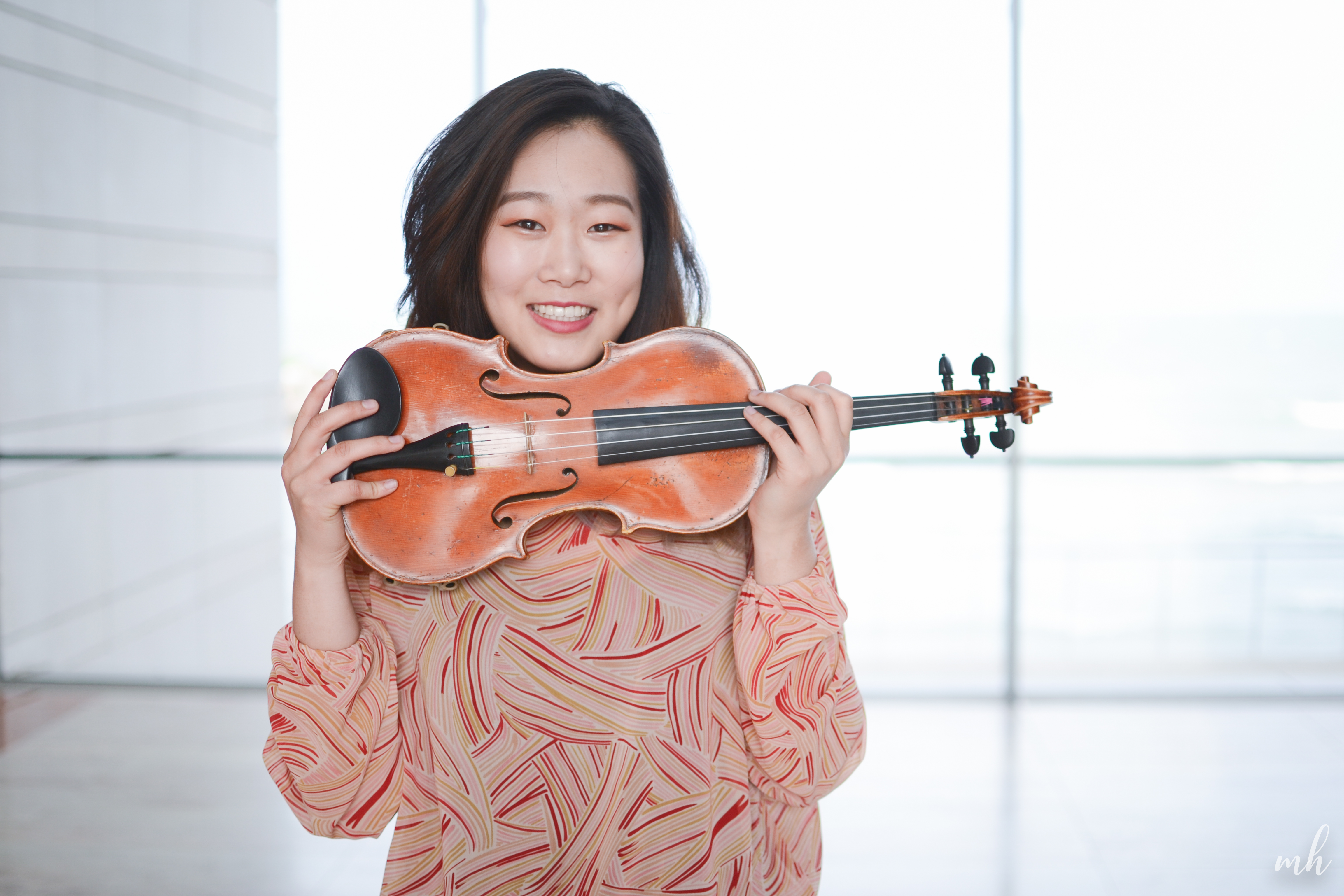
Orchestra Management Fellow and violinist, Hannah Chou has been playing violin for as long as she can remember. Her expansive experience and education in violin performance has landed her opportunities with great ensembles, and most recently administrative opportunities including her fellowship with American Youth Symphony. We interviewed Hannah to learn more about how the Orchestra Management Fellowship and time in AYS has contributed to her path of being a professional musician in an orchestra.
Tell us about yourself!
I am a second year master’s student at UCLA studying violin performance. I plan to graduate this June 2021, and have plans to attend the University of Washington this Fall to pursue my doctorate degree in violin performance.
I grew up in Fremont, CA in a very musical family. My mother is a piano professor and initially introduced me to playing piano. Though I loved piano and playing with my mom, I wanted to branch out and explore my own individuality and started to play the violin at the age of five.
What is your earliest musical memory?
Definitely banging on the piano keys! I also remember having finger tapes on the fingerboard of the violin to see where to place my fingers. I was really happy and proud to finally remove the tape!
One of the very first concerts I attended was the San Francisco Symphony Youth Orchestra. I went with my parents and I remember loving their performance of Peter and the Wolf. I knew that I wanted to play with the orchestra someday.
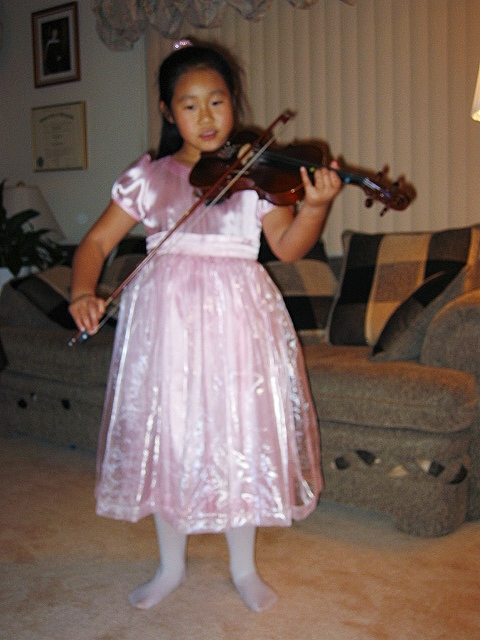
When did you know that you wanted to pursue a career in music and the violin?
I always knew music was going to be a part of my life, but it wasn’t until I joined the San Francisco Youth Orchestra my freshman year of high school did I start to make plans towards a career in music. Joining the same orchestra that inspired me as a young girl at my first orchestra concert was surreal. It was amazing to see how dedicated the other musicians were with their music studies. Being a part of that environment and being surrounded by like-minded peers really encouraged me to learn about other opportunities such as summer music festivals and playing chamber music in my community. Joining the orchestra taught me how to work together with other musicians better and how to blend sounds in an ensemble.
Throughout my high school career, I really tried to take any musical opportunity I could. I studied with John Chisholm of the San Francisco Symphony, and learned a great deal of violin technique from him. During my junior year, I attended Tanglewood Music Festival in Boston which was a large part of my decision to pursue music professionally. Being surrounded by peers who had the same passion for music as me, really helped solidify my decision to continue my violin education in college.
Upon graduating high school, I attended Eastmon School of Music and studied there for two years of my undergraduate degree with Mikhail Kopelman. I learned a great deal at Eastmon, but I ultimately decided to transfer to Northwestern University in hopes of getting a more well-rounded college experience. I not only got to be part of the music school studying with Yuan-Qing Yu, but also got the “university” experience and learned more about myself and my other interests. For example, I started volunteering for a club where we taught music and arts to children with various learning disabilities. This experience helped me to discover my interest in the relationship between music and the brain. I ended up graduating with my Bachelor’s in violin performance and music cognition.
I’m currently in my second year of my master’s degree at UCLA studying under Varty Manouelian, and as I previously mentioned, have plans to pursue my doctorate at the University of Washington this Fall.
My ultimate goal is to be a member of a professional orchestra and to continue to research about the connection between music and the brain.
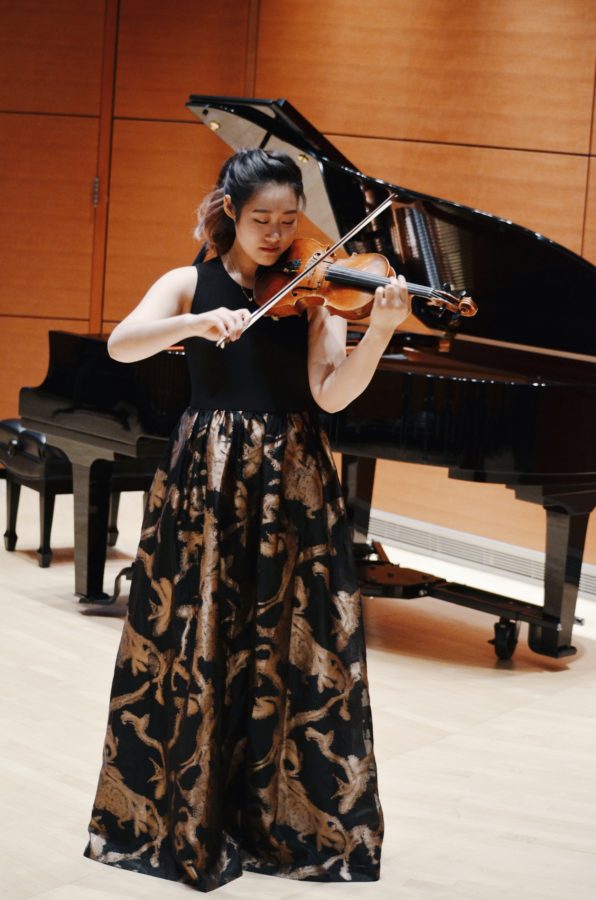
How did you end up joining AYS? How does AYS fit into your story?
When I was attending Northwestern I was a part of the Civic Orchestra of Chicago which is a program that trains and prepares musicians for future careers in a professional orchestra. At the same time, I was also substituting for the New World Symphony in Miami. These programs have similar missions to the American Youth Symphony. We often had three rehearsals and a concert during the same week which is very similar to how AYS operates.
When I moved to Los Angeles to attend UCLA, I knew I wanted to continue playing in a large ensemble and heard about AYS through my friends I met through the Civic Orchestra and various music festivals. I also heard that a lot of music students and professional musicians from the Los Angeles area were in AYS during some part of their lives and knew that this was an opportunity that I shouldn’t miss out on.
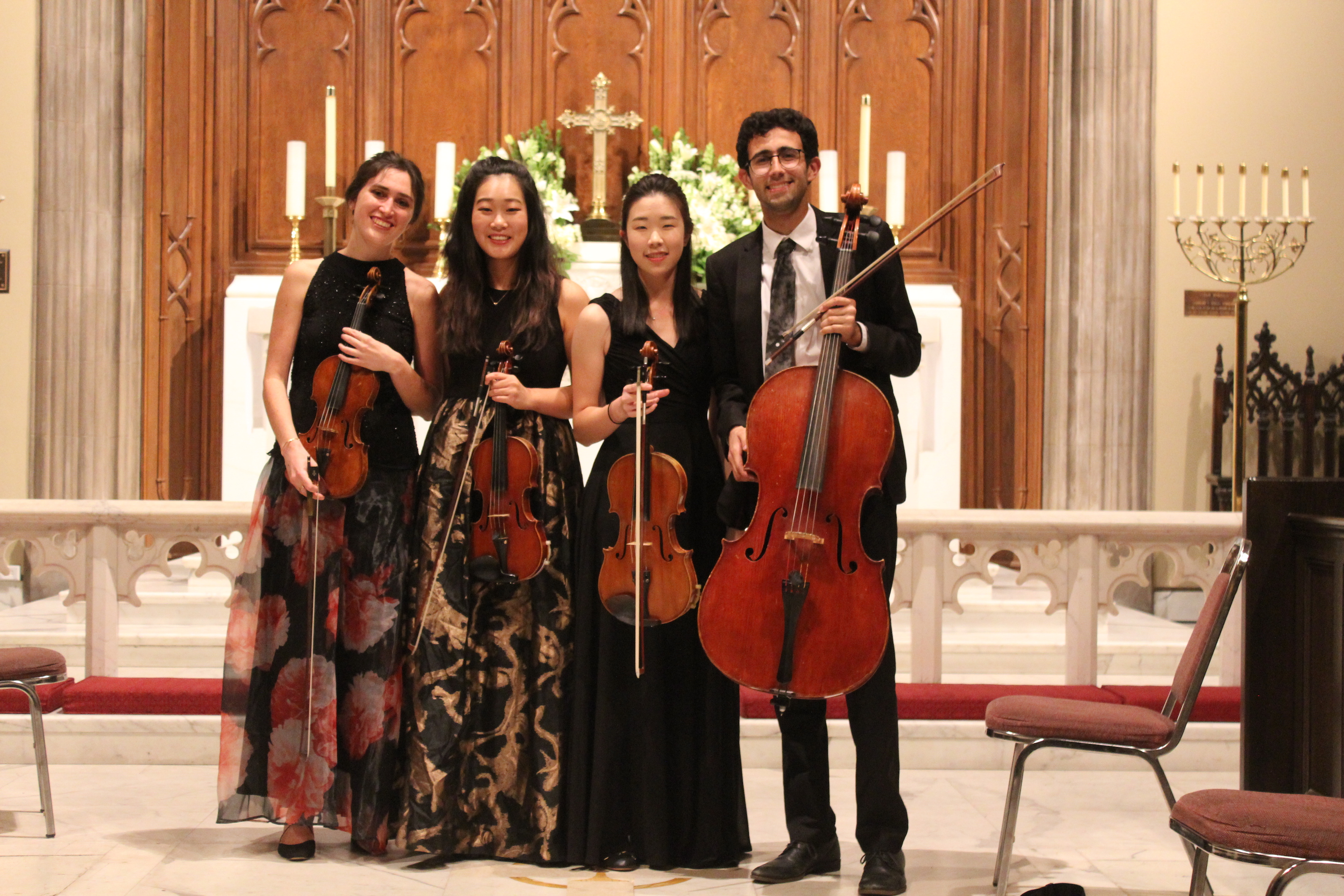
I auditioned and joined AYS in 2019 and played in a few concerts before the start of the pandemic in 2020 including the Opening Night Concert, Apollo 13 Hollywood Project Concert, and Sounds About Town at Walt Disney Concert Hall where we premiered Kris Bowers’ piece, For a Younger Self. I also had the privilege of playing in the principal string quartet at LACMA’s Sundays Live which was a lovely experience with such a talented group of people!
At the start of the pandemic, I joined other AYS musicians to play Maestro Izcaray’s new piece Geometric Unity for the Virtual Gala in May 2020. This was my first time being a part of a virtual ensemble and I learned a great deal about how to record myself and transform my home into a makeshift recording studio. It was really interesting to see how everything came together, and I’m surprised that these skills of learning how to record yourself at home are not part of the required curriculum at music schools. I think this is crucial to being a 21st century musician and am grateful to AYS for providing me with this experience.
You are also our Orchestra Management Fellow. Can you tell us about your fellowship? What are your main responsibilities and what projects have you been involved with?
I applied to be AYS’ Orchestra Management Fellow because I had been on stage for so many years, and I wanted to learn more about what goes on behind the scenes. I work closely with Isabel Thiroux, Director of Orchestra Operations on a variety of projects. Pre-pandemic, I prepared scores for the musicians and sent them out to all of the orchestra members. I also helped Isabel at rehearsals and concerts by ensuring that the correct music was on each music stand before the musicians came.
More recently, I’ve been doing a lot of outreach to libraries on getting scores for the past Fall Concert and upcoming 56th Annual Gala. Another current project is helping Isabel to update AYS’ audition excerpts and doing research on orchestral audition lists from other orchestras. I’m looking into a more diversified range of excerpts that include music by underrepresented and BIPOC composers. I listen to a lot of pieces and conduct research on which orchestras are doing something similar. It’s actually been pretty hard to find other established orchestras doing this work, though I did learn that the University of the Pacific is making a similar effort and has some non traditional classical music excerpts on their website.
How did your fellowship change after the start of the pandemic as AYS shifted to producing concerts online?
My fellowship changed a great deal! My first project was conducting research on venues and spaces in the area that would work for rehearsals or filming of the virtual concerts. I was looking for venues that could accommodate a certain number of people and staff safely while following the COVID-19 safety guidelines. I learned a lot about different venues in Los Angeles and the intricacies of following important health and safety guidelines.
What would you like our audience to know when it comes to producing classical music concerts?
There are a lot of things that happen behind the scenes that we need to recognize and appreciate more of! I had no idea until this fellowship how important it is to follow a schedule, or for musicians to close our music folders at the end of a rehearsal or concert. For my musicians reading this post, please try your best to follow the timelines and schedules that your Orchestra Manager tells you because one little mishap can cause a domino effect. Also, closing your music folder cuts off like 10 minutes of cleaning up time for the crew. Everything we say has a reason.
What has been your biggest takeaway from the fellowship?
My biggest takeaway is that it takes a lot of planning and management for an organization like AYS to run. This fellowship exposed me to my first board and committee meetings which taught me how leadership is part of selecting program repertoire and the intricate planning of each concert. It’s been really interesting for me to learn how an organization runs, not just as a performer.
The fellowship also taught me more on organization, meeting important deadlines, and how to be better at doing outreach. Reaching out to people in the industry and venues is a really important skill for a musician because you constantly have to do that in order to create your own opportunities. I’m definitely taking that skill with me as I continue to pursue my professional musical career.
How has your fellowship or playing in AYS been meaningful to you?
I met so many talented peers and musicians that will continue to be important connections in the industry which has been truly meaningful to me. Playing with such a musically talented ensemble has also been a joy and honor. Musicians in AYS are at such a high level so we are able to skip the technicalities and just focus on playing the music and moving as one ensemble. There is nothing quite like playing with such a talented group of musicians.
Playing music by women and underrepresented composers has also been a meaningful experience to me. I appreciate that AYS makes an effort to program at least one contemporary composer in concert programs. It’s important that musicians play different music to continue growing and learning, instead of playing the same music over and over again. I believe it is also vital to program diverse music for the community and musicians themselves.
Where do you see yourself in five to seven years?
I hopefully will have my doctorate degree! I also hope to be teaching. One of my main goals as a musician is to share music to new audiences and be more involved with my community. I hope to be a professor at a university, volunteer at a nonprofit focusing on teaching music to children, and performing in chamber ensembles and orchestras at the same time. One dream I have is producing a local music festival for children to receive private lessons and play in an ensemble who would otherwise not have the opportunity to.
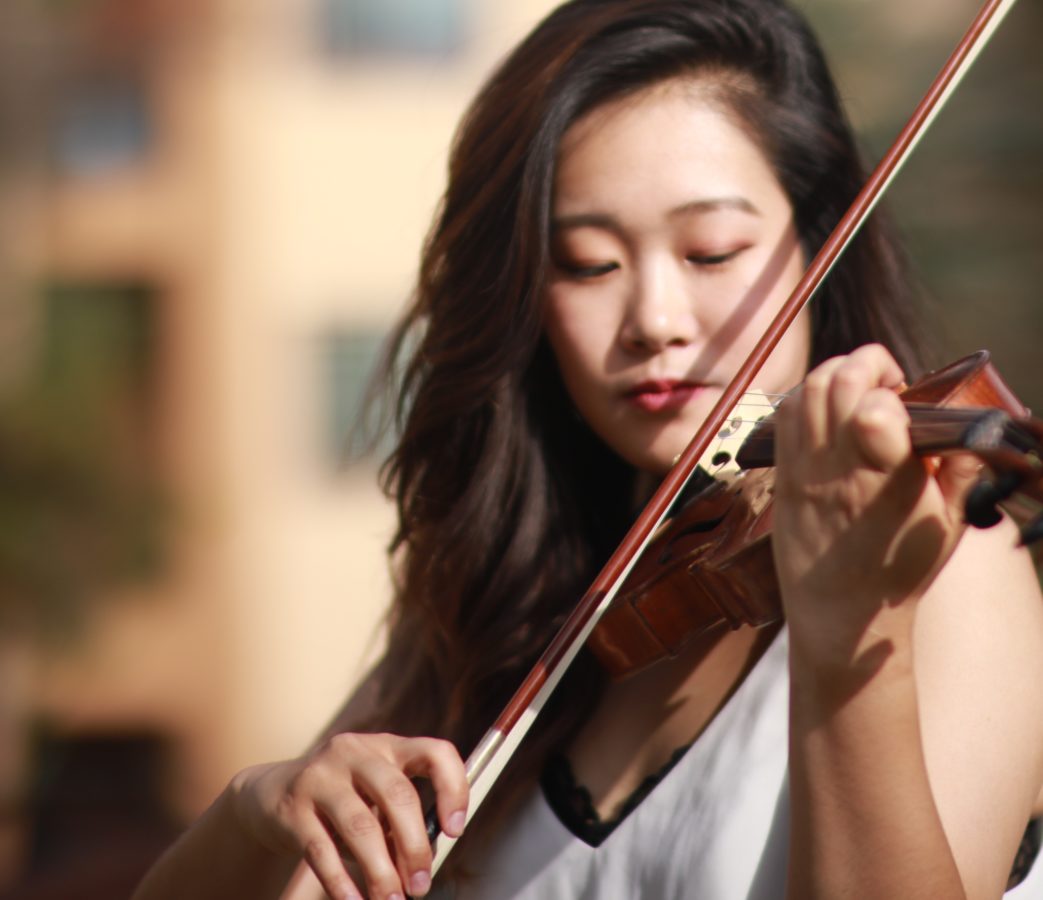
What advice do you have for young musicians wanting to advance their musical career?
I believe that consistency is key. Even if you don’t have time to practice, just playing 30 minutes a day or doing mental practice in the car on the way to school makes a large difference. However most importantly, have fun while playing and enjoy what you are playing! There are plenty of other careers out there, but only pursue a career in music if you actually enjoy it.
I also learned that creating your own opportunities and putting yourself out there is really important in this industry. I started to put my recordings on YouTube which I was initially nervous about, but I found that these recordings show your growth and help to develop confidence. A big part of being a musician is performing to share your art and nowadays with the help of social media, you can reach a wider range of audience more easily. Try to immerse yourself in music as much as you can, and don’t be afraid to reach out to musicians or teachers you admire. Remember that everyone is willing to help and wants to see you succeed!
About Hannah:
Violinist Hannah Chou began her musical studies at the age of five in Fremont, California. Chou is currently a graduate student at UCLA, pursuing a master’s degree in Violin Performance with Varty Manouelian on a full scholarship. Other primary teachers include Yuan-Qing Yu, Mikhail Kopelman, and John Chisholm. Previously, she received a Bachelor of Music in Violin Performance and Music Cognition from Northwestern University. In her orchestral career, Chou has served principal positions and performed in various ensembles including the Sarasota Music Festival, National Repertory Orchestra, Aspen Music Festival, Civic Orchestra of Chicago, and New World Symphony. Her extensive experience in the industry sparked an interest in music management and led her to become the current Orchestra Management Fellow of the American Youth Symphony in addition to playing in the violin section. As an enthusiastic chamber musician, Chou is currently the first violinist of the VEM Quartet, UCLA’s graduate string quartet in residence. Along with performing, she shares a passion for teaching students of all ages coming from diverse backgrounds.
Upcoming Performances with Hannah:
May 21, 2021 at 12:00pm Pacific – A Day of Armenian Music (Virtual, Free)
May 21, 2021 at 5:00pm Pacific – Masterclass with Ani Kavafian, Professor of Violin Performance at Yale University (Hosted on Zoom, Free)
June 1, 2021 at 5:00pm Pacific – AYS Gala Event, Alumni Interview with Geneva Lewis (Hosted on Zoom, Free)
If you want to support AYS and the education of young musicians, consider making a donation today. Learn more about our Champion program and sponsoring a musician on our website or by emailing development@AYSymphony.org.

